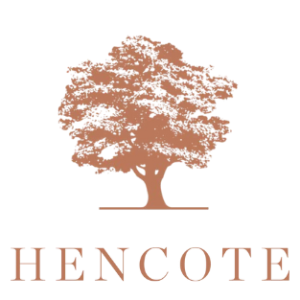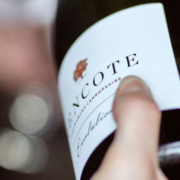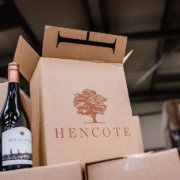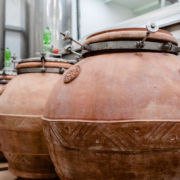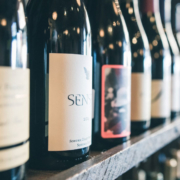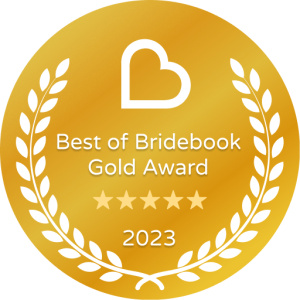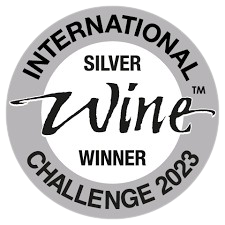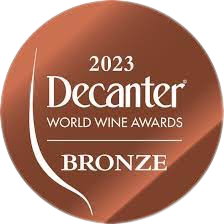What makes a great sparkling wine?
No matter what style of sparkling wine, it is indeed the sparkle that is all-important. The bubble is dissolved carbon dioxide and it is the persistence, intensity and finesse of this that sets the quality of sparkling wine’s effervescence above that of other carbonated beverages.
The best method to achieve a potentially great sparkling wine is through a gentle fermentation of the well made still base wine under pressure in a bottle, allowing carbon dioxide gas as a product from fermentation to slowly infuse into the wine and bring it alive with a lasting elegant vibrancy.
Only the purest juice from the very best grapes can result in the finest wines. They are cellared in cool dark maturation for at least twelve months before being relieved of their yeast and resealed under cork to be made ready for the celebration of life! Below are a couple of things to look for with good sparkling wine.
Colour
Sparkling wine comes in a variety of colours including white, gold and pink. These colours can tell us the grape varieties used and even the winemaking technique. But other than colour it doesn’t give too much else away.

Aroma
When it comes to the aroma the important thing to remember is not to swirl a sparkling wine like you would a still wine. The aromas in a sparkling wine come from the winemaking process and the grapes. These can also be affected by the variety and climate where they are grown and produced. Common aromas include apple, pear and citrus.
Taste
The taste is what we’ve all been waiting for so take your time and enjoy it. Finer bubbles will normally signify how much sophistication the wine has and while the aroma can be enjoyable, sparkling wine comes into its own on the palate.
Your tastebuds are the key to deciphering whether the wine has a sweet or dry taste. By sipping the wine slowly it will oxygenate in your mouth meaning you benefit fully from the overall experience.
Serving
Most people think that you need to chill sparkling wine as much as possible but in reality, it should be between 8C and 12C. By adding water to an ice bucket you can drop the temperature even quicker.
Popping the cork might sound great but it’s ideal if the cork is eased out slowly in a twisting motion. When pouring do so on a slight angle and don’t fill the glass up – less than half will allow those great aromas to be captured.
Online Wine Shop
If you would like to try our award-winning Evolution sparkling wine you can purchase it as a case of 6 or 12 bottles, as well as view our entire range of Hencote wine.

